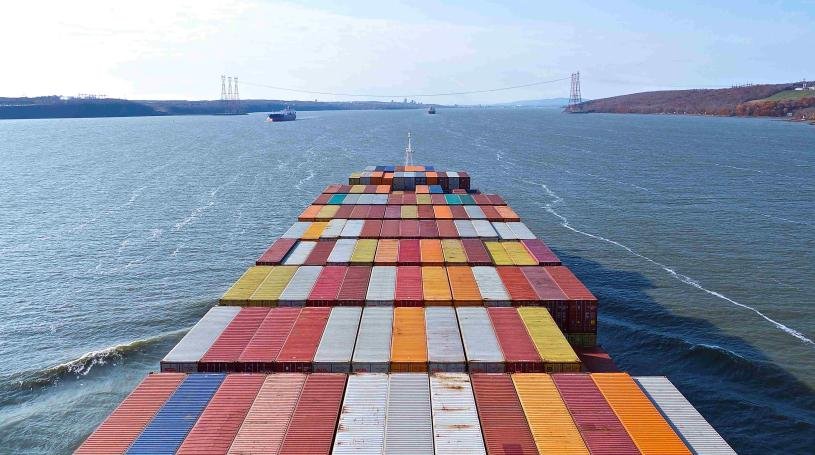The International Maritime Pilots’ Association (IMPA), representing over 50 member countries, is embarking on a major study in collaboration with the Canadian National Centre of Expertise on Maritime Pilotage (NCEMP) and the Canadian Coast Guard. This study will thoroughly investigate the feasibility, readiness, and implications of remote pilotage systems, both for current conventional ships and for future vessels that may be navigated remotely or autonomously by software.
The International Maritime Organization (IMO) emphasizes the critical role of qualified, licensed pilots in ensuring safe navigation, particularly in challenging areas such as ports where specialized knowledge is crucial. Maritime pilots are essential for the safe and efficient movement of ships in areas requiring expert local knowledge, contributing to the protection of coastal communities and national economic, social, and environmental interests tied to maritime trade.
Given the importance of maritime pilotage, IMPA is committed to rigorously evaluating any potential impacts on compulsory pilotage practices, including remote pilotage. Captain Simon Pelletier, IMPA President, states, “With the increasing discourse around remote navigation and pilotage, IMPA’s objective analysis is vital for guiding pilots’ organizations, authorities, and the industry in making well-informed decisions. Providing evidence-based guidance is central to maintaining marine navigation safety and fulfilling IMPA’s mission.”
Mario Pelletier, Commissioner of the Canadian Coast Guard, adds, “As leaders in navigation innovation, the Canadian Coast Guard supports safe and efficient maritime trade, which is crucial for Canada’s economic growth. Our collaboration with IMPA and NCEMP will enhance our understanding of how emerging technologies in remote navigation and autonomy might shape the future and how global coast guards must adapt to these advancements.”
Captain Alain Arseneault, Executive Director of NCEMP, highlights, “Remote navigation trials are driven by varied motivations and reflect diverse operational scenarios. While much discussion surrounds remote pilotage, ensuring that technological developments do not outpace navigation safety is paramount. We need clear, evidence-based guidance both in Canada and internationally.”
IMPA’s project stands out by integrating the expertise of maritime pilots from over 50 countries, who collectively conduct more than 2 million pilotage acts annually. The study will explore pilotage as a socio-technical system and assess the impact of new protocols on risk, cost-effectiveness, and social acceptance. It will build on previous shore-based pilotage projects and validate insights through trials on conventionally navigated ships, primarily in Canada.
About IMPA
Founded in 1970, the International Maritime Pilots’ Association (IMPA) represents pilots’ organizations in over 50 countries and a professional community of more than 8,000 maritime pilots. As a non-profit organization, IMPA is dedicated to advancing safety in maritime pilotage as a crucial public service. It facilitates the exchange of knowledge and experience among global pilots’ associations and serves as the formal voice of maritime pilotage in international forums. IMPA has held non-governmental consultative status with the International Maritime Organization (IMO) since 1973, contributing significantly to the IMO’s technical work.










